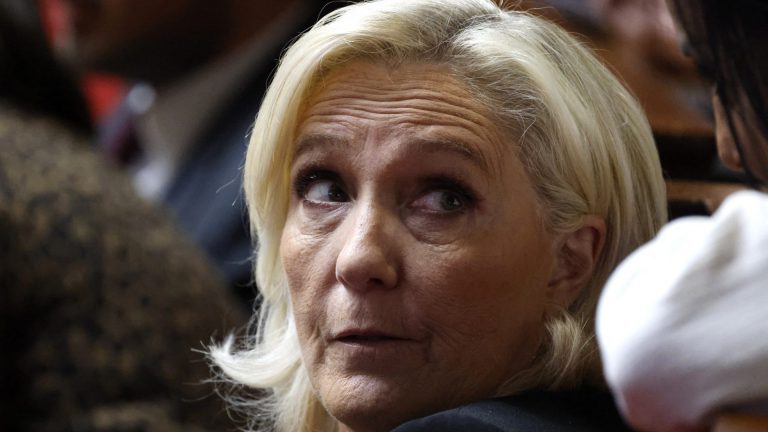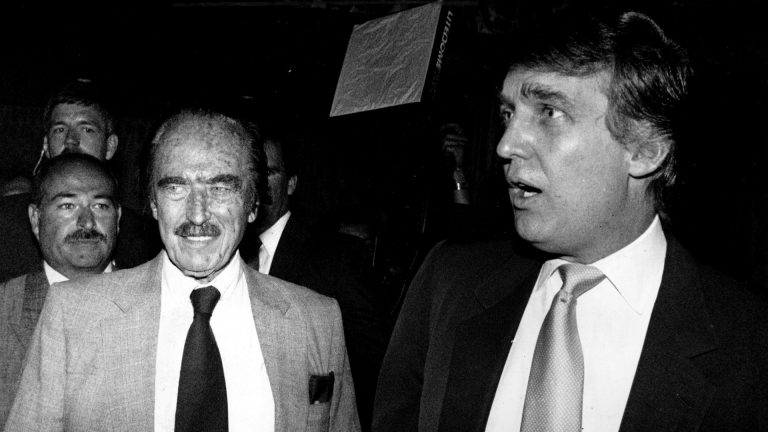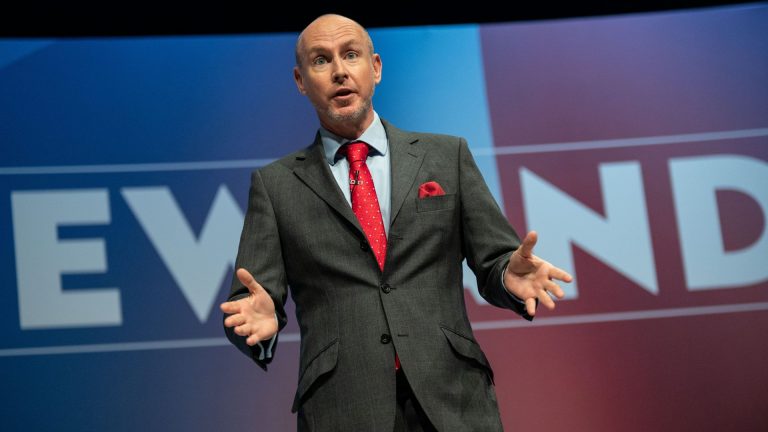Whether Rishi Sunak can get a flight to Rwanda off the ground with a handful of terrified people on board is the test we are supposed to judge him on. But the real question is not whether he can, but whether he should.
It is hard to look away from the car crash of his attempts as he tears the fractious remains of the Tory Party apart. A replay of Brexit chaos, driving government once again into direct confrontation with the law, sending the party in yet another spiral towards its ever more extreme right wing, as we saw under Theresa May. But it is still a far more important question to ask whether any of this is justified at all, and that must not be drowned out in the drama.
Last weekend, Sunak gave a speech at a right-wing political gathering in Italy which was truly chilling. He warned that Europe would be “overwhelmed” by migration without his radical measures. Ironically, this message was identical to that of his disgraced and dismissed former home secretary, who threatened that a “hurricane” of migration was blowing towards us in a speech just a few weeks before being sacked. In both cases, the message was a direct historic echo of when Enoch Powell warned of rivers of blood without a radical clamp-down on the rights of migrants, and it is as racist, inflammatory and false now as it was in 1968.
The supposed existential threat from migration serves to sweep away the question of whether such heinous and extreme measures as the forced transportation of Afghans and Syrians to a dictatorship on the other side of the world with a record of shooting refugees is justified. When the cause is one of our very civilisational survival, the ends justify any means at all – even this.
In the face of the false threat, so-called moderates in the Conservative Party have thrown up their hands. Maybe we do need to do something drastic? Maybe forced deportations to Rwanda really are the answer? And, while thankfully still opposed to the Rwanda plan itself, the opposition has still entirely accepted the framing of the issue as an enormous threat that must be stopped by drastic means – in their case by funnelling more money into police patrols, fences and deportations (albeit to countries other than Rwanda). There is a consensus that deterrence (i.e. cruelty and rejection) and the extreme suffering it demonstrably causes is necessary. This is a deliberate lie and we must resist it.
Whether it is the UK sending £300m to Rwanda to take people in or the EU sending €255m Euros to Tunisia to prevent people from leaving in the first place, our current approach is costly and counter-productive. Taxpayers’ money is funnelled into the very abusive and unstable regimes which drive forced displacement in the first place. Tens of thousands have drowned in the Mediterranean and a growing number are lost in the Channel, and it is no deterrent. To make things clearer, look at states taking a more active role in death as migration deterrence. In Saudi Arabia hundreds of mainly Ethiopian migrants have been shot attempting to cross the border, and even that doesn’t “work”. Deterrence will never work.
The truth is that there are alternatives that do not rob us of our humanity. There are evidence-based ways of tackling migration which limit human suffering and death and which allow local communities, as well as newcomers, to share in the benefits. The UK has an aging population in desperate need of migrants. Our health and care systems, for a start, rely more heavily than ever on people bringing skills, youth and compassion to us from overseas. This alone completely destroys the argument that migration represents an existential threat – it would be ending immigration which would threaten our civilisation and our ability to provide and care for one another.
The real solutions do involve cooperation across borders, just not in the way we see now. Sunak has a cosy relationship with his Italian counterpart, but it is a marriage of convenience for the cameras – if the UK government’s policies were actually effective in their aim of deterring people from crossing the Channel from Europe, it would be the opposite of what the Italians want. They need more solidarity from western Europe to take in asylum seekers who arrive at the external borders of Europe. It is, perversely, only because his plans don’t work that Meloni can present Sunak as an ally.
France, meanwhile is caught awkwardly between new besties Sunak and Meloni, with Italy wanting to pass migrants forward and the UK insisting they should stay back. France receives and protects much higher numbers of asylum seekers than the UK, but those who are trying to pass through are treated appallingly. Our efforts at cooperation should take this situation more seriously: working with the French and the rest of Europe to formalise safe passage into western European states including the UK for asylum seekers seeking it. Instead of each country pushing back their asylum determination centres to the one further to its east – as it is sometimes suggested that we should run our processing in France – regularising travel to the UK from the rest of Europe for the purpose of seeking asylum. In that way we would wipe out the Channel smuggling business immediately. After that, we have to run a decent and fast asylum processing system on our own soil. Once people have travelled to us safely, we must assess their situation, ensuring those who have escaped traumatic danger are supported and those who are desperate for economic opportunity are able to support our huge labour needs.
By formalising migration in this way, we can balance the need to offer solutions to refugees forced to take ad-hoc journeys escaping from danger with the needs of our communities, all while removing the chaos and the threat to life. It will take political bravery to overcome the current narrative of deterrence, but it is urgently necessary to break the cycle of death and demonisation that has degraded us all.










